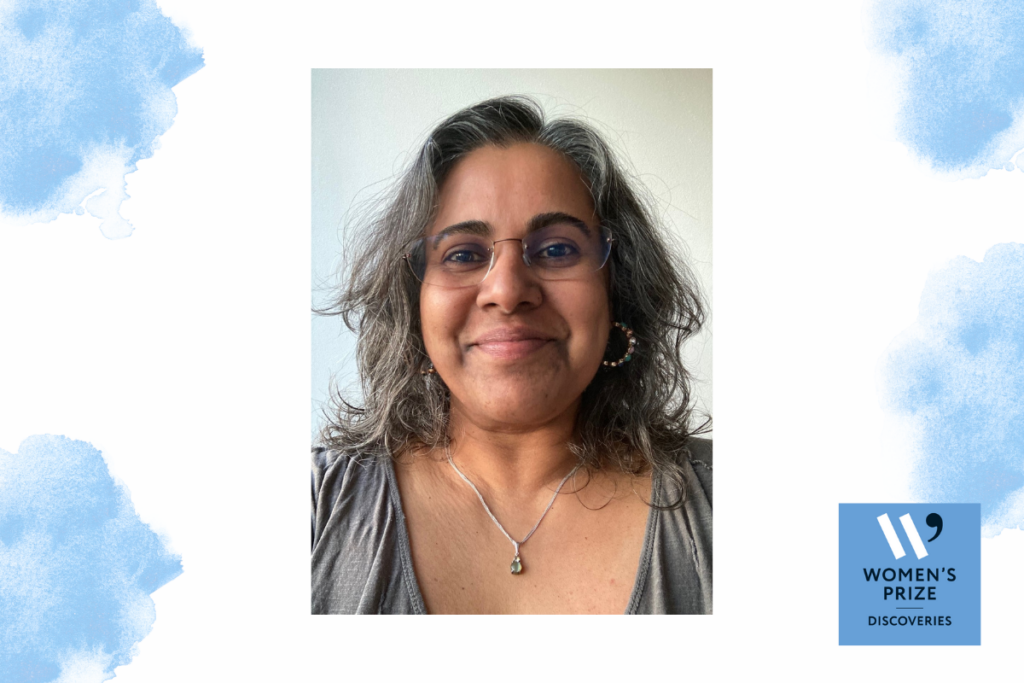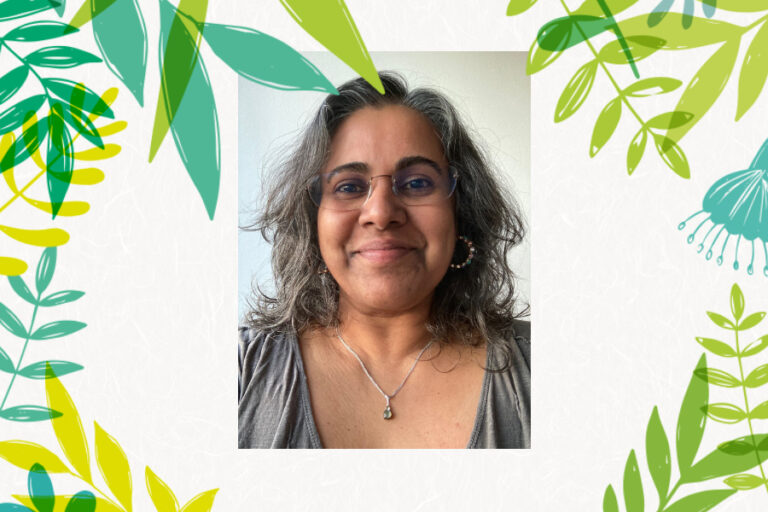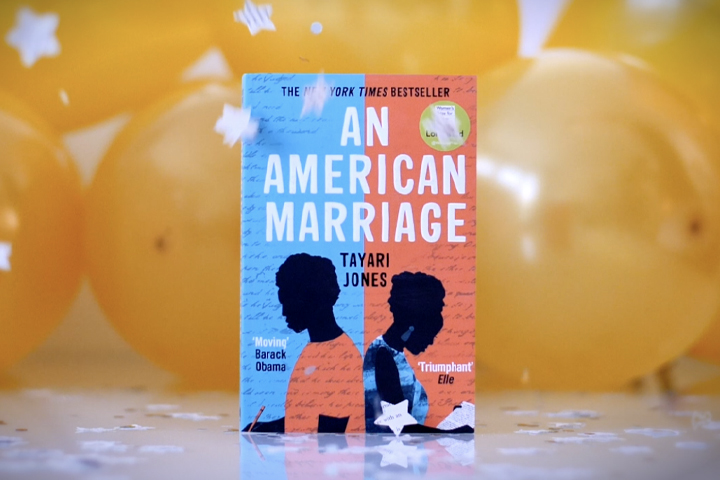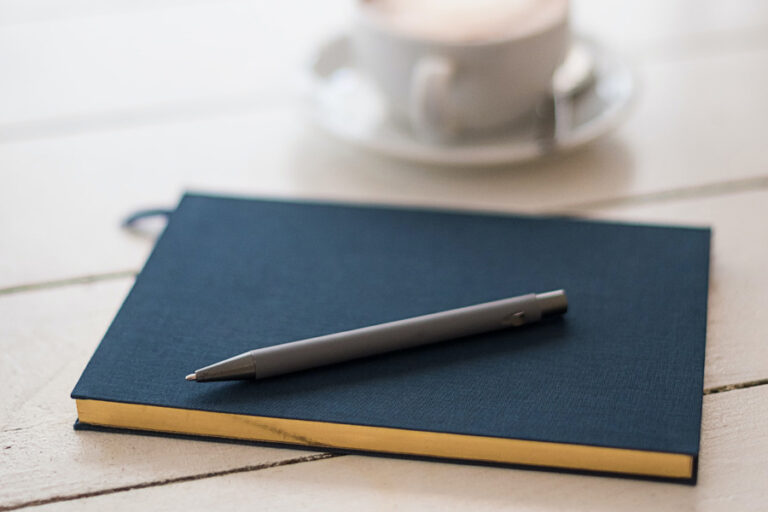It’s been a year and half since I wrote this piece for the Women’s Prize website. My audiobook, The Mother Sun, a commission that was part of my prize as the Discoveries 2022 winner, was about to go into the studio for recording. Re-visiting the article, I am transported back and palpably feel my excitement and fear. I can report that I love both Nimmi Harasgama’s narration and Nicola Clayton’s direction of the piece. And as the audiobook went out into the world my fear faded away and my excitement grew and grew.
The Mother Sunhit the top five in the Audible Originals charts within weeks of being released and then, it made it on the top 20 Audiobook Originals list for 2023. The experience was incredible. And I fulfilled a goal, an ambition — a dream, really — held since early childhood of becoming a professional writer. And now, eighteen months on, I have a rich writing life that is growing and developing. The Women’s Prize Discoveries programme has given me this and so much more.
Unless you are born into it or have family, friends or connections who are part of it, the publishing industry can feel, to many of us, like a closed shop. It’s intimidating. You don’t know the rules — you don’t know how to navigate its culture. It is easy to feel that you don’t fit. You don’t look right, sound right. You’re not the right shape or size. You haven’t been to the right schools. You don’t wear the right clothes. You don’t have the money to buy the right clothes. Even in what is a changing and far more inclusive landscape, these barriers can still seem insurmountable to many. What Discoveries is doing steadily, with great determination, and heart, is opening the doors to writers and voices that would otherwise not be seen or heard.
Voices like mine.
I am fifty-two. The daughter of first-generation Sri Lankan immigrants. I am a lesbian. I have had a patchy education and a fraught upbringing, in that it was split between countries and conflicting systems, and there was much that fell between the cracks. Still, writing has always been my passion and purpose. I have been writing with serious intent for almost thirty years. And during that time, I was not able to successfully navigate my way into the publishing industry.
Thanks to Discoveries, I now have an agent. I am working steadily on the second draft of my novel. Being a Discoveries winner and having the success of The Mother Sun on my writing CV, makes it easier to prove my worth when making funding applications for writing grants, or applying for writing related jobs. It will help, no doubt, when my novel eventually goes out on submission. Furthermore, when my novel is published, the support of the Women’s Prize Trust community will be invaluable. I cannot overstate the enormity of this gift for an emerging writer – especially for a writer of colour.
Equally precious is the incredibly talented and diverse peer group (AKA Disco Fam) that Discoveries has given me. Each one of these women is a powerhouse. Each one is strongly committed to their art and craft. We meet on Zoom monthly to share experiences, discuss ideas, exchange tips and contacts, and to talk about our writing and publishing journeys.
Two of our group have their debuts coming out in the Spring, and as a result of what they have shared, we are all now so much more enlightened about the publishing process — from the ins and outs of working with an editor; to issues around choosing titles, or deciding on cover art, or thinking about foreign rights and film options. This sense of community and camaraderie keeps us all motivated and helps everyone get through the more challenging times: facing rejections from publishers or not hearing back from agents; or being mired in a scene that feels impossible to write.
Thanks to the Women’s Prize, we’ve also had three guest authors join us for an evening on Zoom: Sarah Waters, Kamala Shamsie and Louise Kennedy. To have an audience with these incredible authors has been extraordinary. They have been so generous with their time and advice. All of this has served to help build our confidence and empower us as writers, whether we are agented, or published, yet.
This sense of empowerment can be seen in the reading club for writers that a group of us have recently set up @writersreadingbookclub. The in-person book group, with online interaction on Instagram, is for writers interested in reading to explore the craft of writing. The Women’s Prize support of the book club via their socials and Discoveries newsletter has meant we have managed to get the word out to more writers — globally — than would have otherwise been possible. As a result, we are in the process of setting up a Writers Reading Book Club in Mexico and India in the new year; and we continue to make connections with writers elsewhere in the world. This level of engagement is testament to the reach and influence of the Women’s Prize.
At the moment, we are teetering on the edge of a seismic transformation of the cultural landscape by AI in a context where the majority of us — women, writers of colour, neurodiverse and queer writers, writers with disabilities, working-class writers — have barely had a chance to clear our throats, open our mouths. In the grand scheme of history, we have had mere moments to reflect our experiences back on to the world we are part of. We have not had enough time for the call and response of stories to resonate through generations in a way that is vital for the complexity of our voices to be truly woven into the fabric of our cultures.
There is so much more work to be done. We need writers now more than ever before. We need brave writers, bold, brash writers, bat-shit crazy writers . . . we need them all. And we need to value the time, the craft, the graft, the soul-searching, the dream-weaving and journeying, the delirium, the flights into unseen realms for inspiration and answers to the dilemmas we face as individuals, the problems we face as communities and the seemingly insurmountable challenges we face as a species.
To anyone considering a donation to the Women’s Prize Big Give Christmas Challenge, I would say that the Women’s Prize Trust’s commitment to nurturing and amplifying the voices of writers from underrepresented backgrounds is exceptional. It is to be applauded. Their Writer’s Room programme will help even more writers like me have access to knowledge, support, and community.
The Women’s Prize Trust family is on a mission to discover and empower writers and to cultivate readerships. Ultimately, their work is about connection, about community. It’s about an active engagement with, and investment in, the power of the imagination; it is about keeping faith with the idea that lives can be transformed, and worlds can be saved with words. What could be more important? Please, please, join them in their mission.








